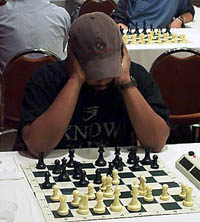|
"Kwanzaa" is traditionally a non-religious festival which is designed to celebrate the heritage and culture of Africa and to highlight the historical contributions made by those in the African Diaspora. Founded in 1966 by Dr. Maulana Karenga, the festivity begins on December 26th and extends until January 1st and is celebrated by millions around the world. It has no relation to the preceding Christmas holiday.
Kwanzaa, Swahili for "first fruits," was created to reinforce the "Nguzo Saba," or the seven principles identified as central to African identity: Umoja (unity), Kujichagulia (self-determination), Ujima (collective work and responsibility), Ujamaa (cooperative economics), Nia (purpose), Kuumba (creativity) and Imani (faith).
|
|
